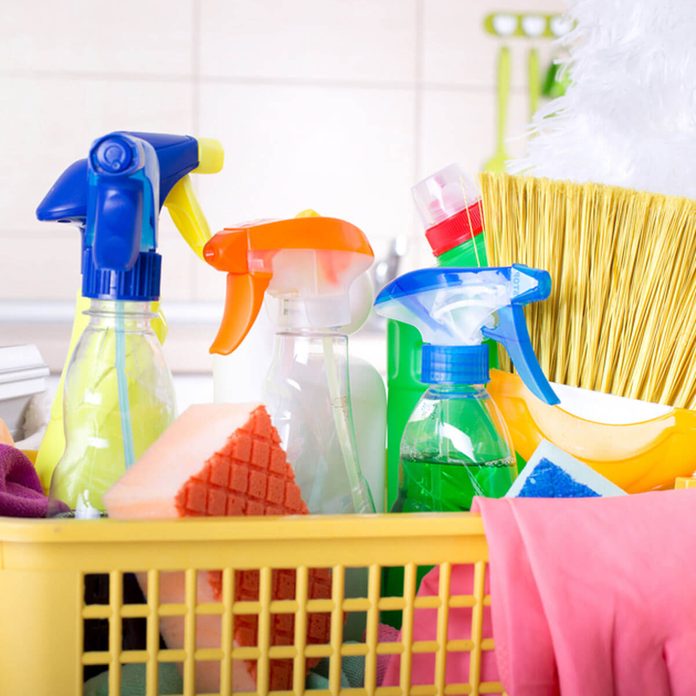
Cleaning Products
Some cleaning products are worse than others. If the cleaning product mixes with water—such as sprays and powders—it can be disposed of down the drain. If the cleaning product is solid—such as a cleaning eraser or scouring pad—it should be thrown in the trash. To avoid chemicals, make your own natural cleaners.

Bulbs
If you have compact fluorescent bulbs, a fluorescent bulb or any other bulbs that contain mercury, look for local recycling options. The Environmental Protection Agency (EPA) says you can dispose of standard light bulbs and halogen bulbs in your regular trash.

Medicine
If you have old medicine you no longer need in your medicine cabinet, the EPA suggests you look for a local pharmaceutical take-back collection program. These programs take unused or unwanted prescriptions and over-the-counter medicines and dispose of them in an environmentally conscious way. Contact your city or county government for a program near you.
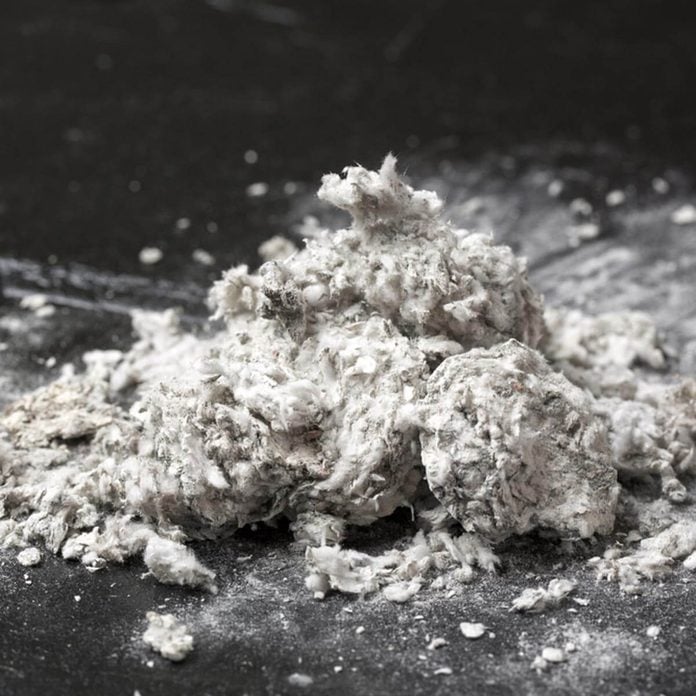
Asbestos
If you are starting a home project, such as removing your popcorn ceiling, and the material tests positive for asbestos, you should hire a licensed professional who specializes in asbestos removal. A professional will ensure the asbestos is safely removed and disposed of properly.
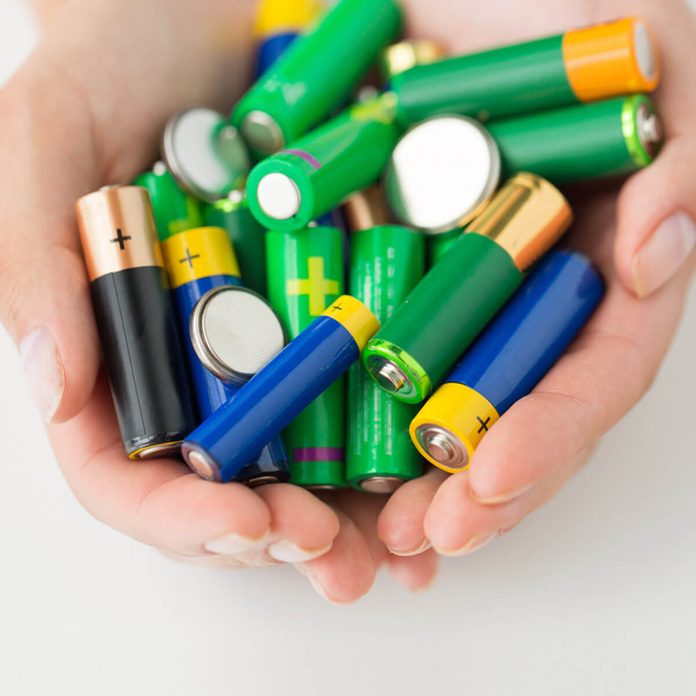
Batteries
Alkaline batteries can be thrown in the trash, according to both Duracell and Energizer. Rechargeable batteries make for a more sustainable home, but check with your local recycling center for guidelines for how to get rid of rechargeables.
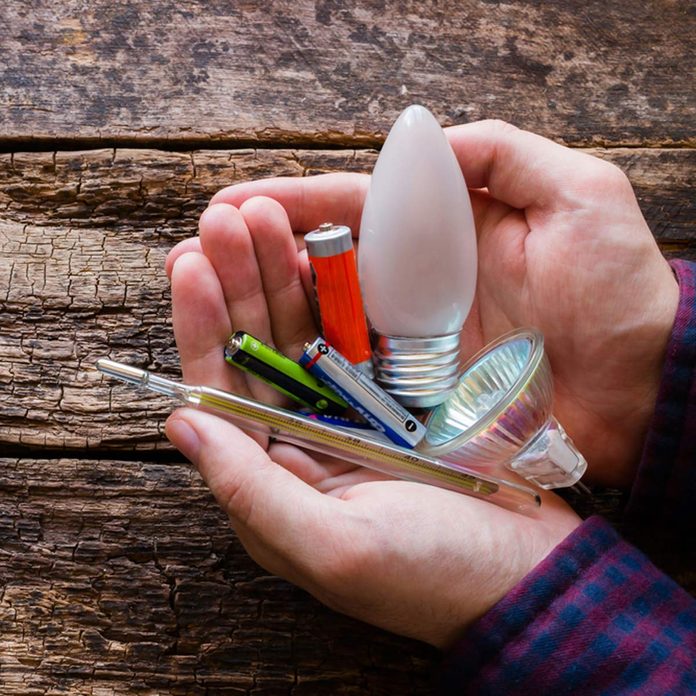
Mercury
If you have products with mercury, such as a thermometer or an old mechanical thermostat, check with your state or local agency as many have mercury collection or exchange programs. To transport, make sure all mercury-containing products are secure.
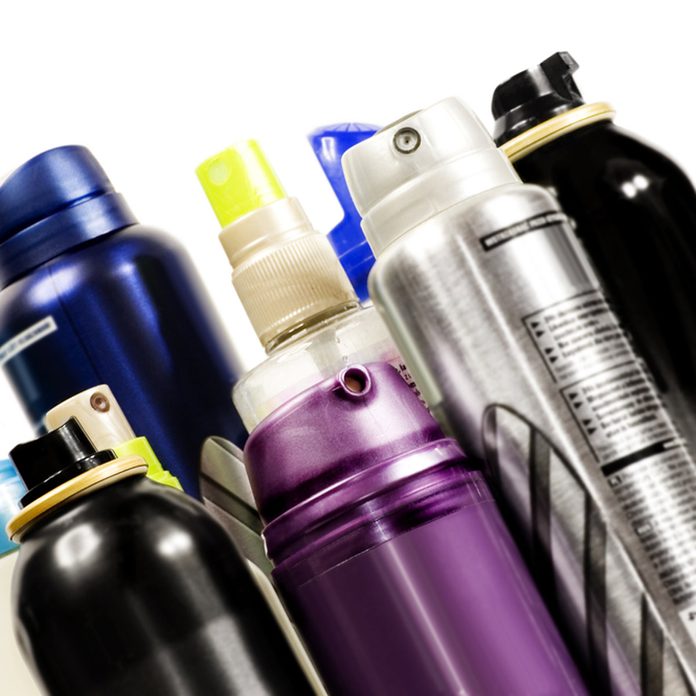
Aerosol Cans
If you have an empty aerosol can of spray paint, you can throw it in the trash. However, some cities may offer recycling for some empty aerosol cans. If the can is not empty, contact your local recycling center to inquire about a collection site for hazardous household waste.
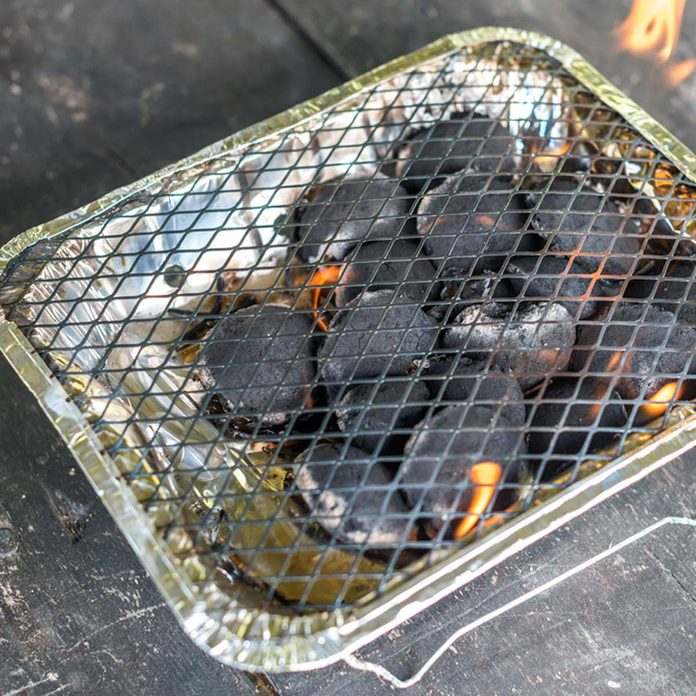
Charcoal
If you use a charcoal grill or use charcoal in your backyard fire pit, you should let the ash cool for at least 48 hours. Once the ash is cool, wrap it in aluminum foil and place it in the trash. Here’s how to safely and responsibly get rid of your grill.
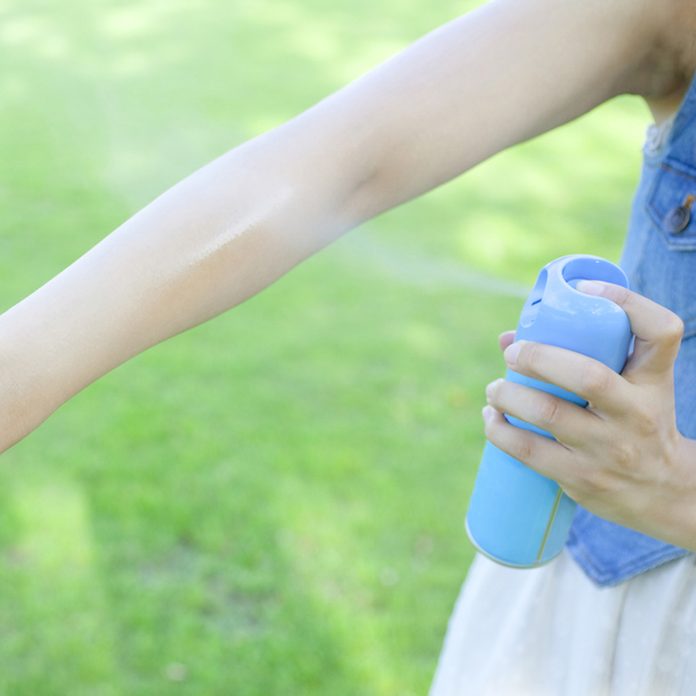
Insect Repellent
When it comes to insect repellent, empty cans, wipes and tubes can be thrown directly in the trash. Never put empty insect repellent containers near heat. If the can or tube isn’t empty, check with your local government about collection sites for hazardous household waste.
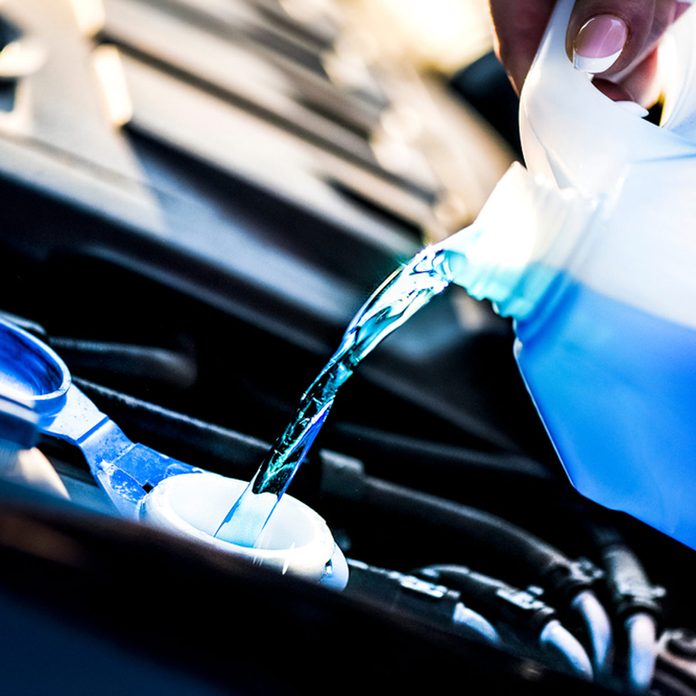
Antifreeze
For unused antifreeze, check with your local recycling center. Any antifreeze spills should be cleaned up immediately by covering them with cat litter or sawdust, which will absorb the liquid.
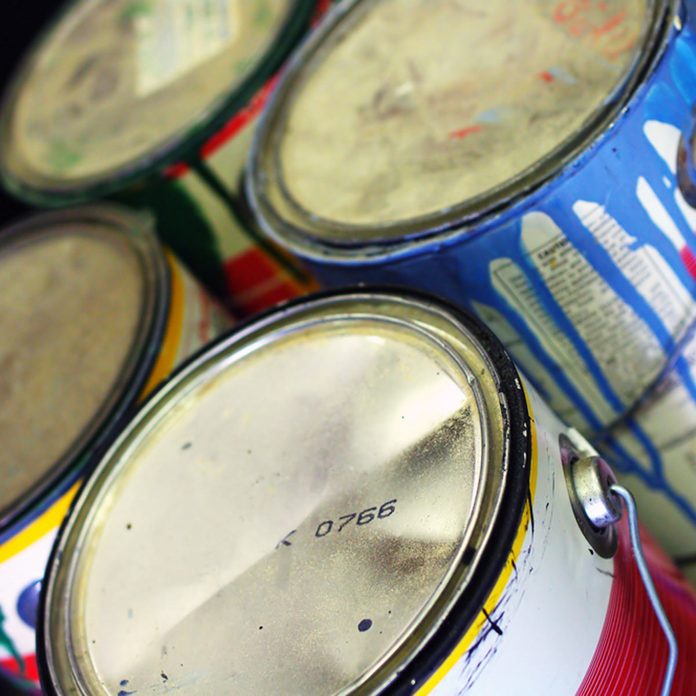
Paint
If you have unused paint, it can be thrown in the household trash if it’s dried out first. Some home improvement stores may also accept leftover paint. Have leftover paint? Learn how to recycle and reuse it.
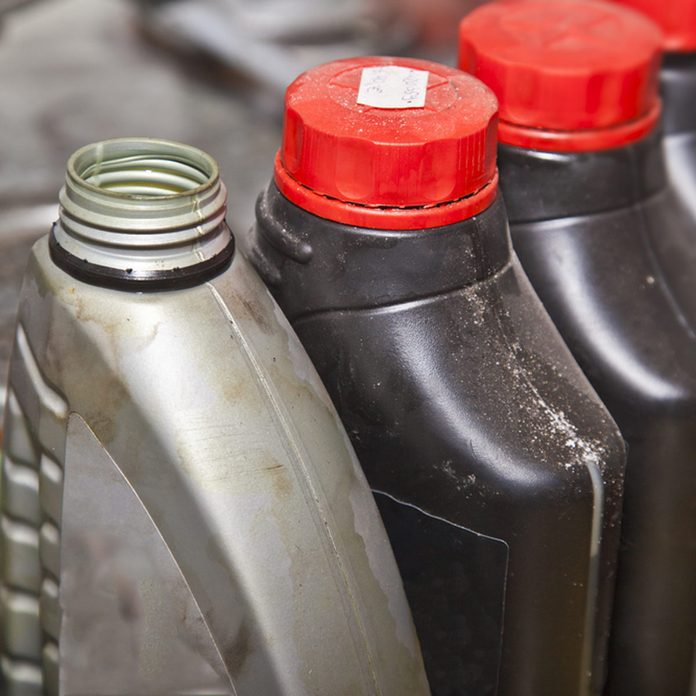
Motor Oil
If you’re a DIY mechanic and wondering how to get rid of used motor oil, check with your local recycling center to see if it accepts used oil and oil containers. Some mechanic shops or oil change facilities may also accept used containers.
